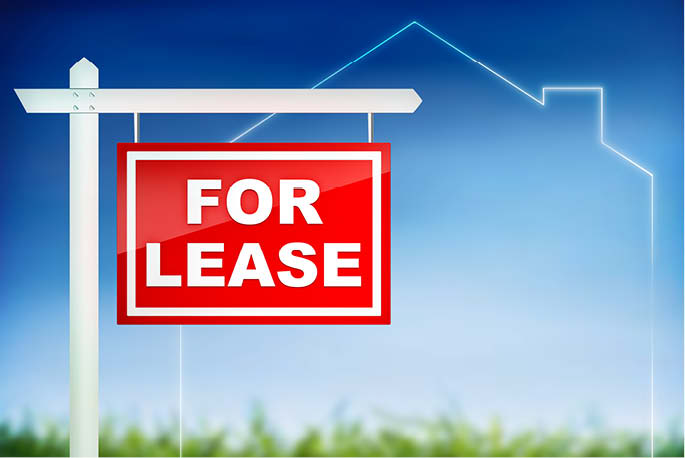It’s zero hour. You’ve decided to sell your house and move to something smaller or to another suburb. As a homeowner, you naturally think of buying again — a house or maybe a apartment. But should you? Maybe you should rent instead.
Ownership is solidly entrenched among retirees. They weren’t even shaken by the real estate collapse. From the peak of the housing bubble in 2006 to the present, the rate of homeownership for people 65 and up has held steady at about 80 percent, the Census Bureau reports. It runs to over 90 percent among married couples in which one person is 65 or older.
For those 55 to 64, however, it’s another story. The portion who own the place where they live has dropped to 76 percent, compared with 81 percent in 2006. Some in this age group switched to renting because they couldn’t manage a mortgage anymore. Others, however, rent by choice.
It’s all about income
When might it make more sense to rent instead of buy? And how do you decide?
I start with the view that, later in life, your home, as a real estate investment, grows less important. You’re no longer hoping to sell at a profit in order to trade up to a bigger place. It’s nice for your kids to inherit an appreciated property. But for you and me, it’s more important to nail down enough income to keep us comfortable for life.
That leads to the question of how to dispose of the proceeds when you sell a house. You can use part or all of it to buy another house or apartment, with or without a mortgage. That pot of money is now tied up. You could tap it at some point in the future, by taking a home equity loan or reverse mortgage, but that probably isn’t your plan.
Alternatively, you can put the proceeds into a mix of bank accounts and mutual funds and tap those savings and investments for rent. This choice provides ready access to your money, without borrowing.
Here’s where the sharpest of pencils comes in. Estimate your retirement budget with and without the home purchase. Where will the money come from to pay your housing expenses? Rents will go up (about 3 percent, currently) but, for homeowners, so will insurance, taxes and upkeep costs. If you can pay cash for a house or apartment and still have plenty of money to live on, you’re a good candidate for buying. But if homeowning strains your lifestyle — even if you conserve cash by taking a new mortgage — you’re a candidate for renting.
Renting’s rewards
Becoming a renter has other attractions, even if you can afford to own. It’s a way of checking out a new area if you’re thinking of moving far away. It’s a safety net, if you move to be closer to your kids — in case your kids decide to move. It also makes it easy for you to travel because no one has to take care of the house while you’re away. It might be a temporary move — say, to an apartment in a culturally rich city — before making a final decision on the type of lifestyle you want. There’s a landlord to handle chores and no sudden expenses, such as a new furnace or roof.
For a longtime homeowner, however, the negatives are often strong. You can’t modify the space to suit your style of living. The landlord might decide to sell, forcing you to move out. Pets might not be allowed. Emotionally, you might not feel as comfortable as you did in your own place.
You might also resist the change because rent is supposedly “money down a rat hole.” It’s not, if it frees up cash to keep you living well. Besides, insurance, upkeep and most of your real estate taxes go down the rat hole, too. Why own a house and build equity for your heirs if housing expenses crimp your income and limit what you can do during your freedom years? I’m not renting now, but I can imagine doing so if I ever wanted to stretch my savings or travel more. Stay tuned.




1 Comment
are you the owner or a renter looikng to sublet? property managers usually get 1/2 to a full months rent to find a qualified renter and 10% of the gross income to manage. this would also depend on where you live rates vary.